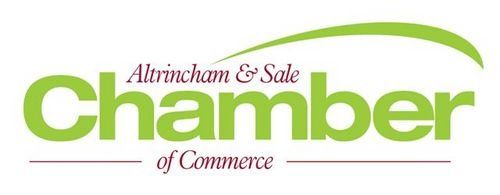Proprietary Estoppel Disputes
Proprietary Estoppel Disputes
Proprietary estoppel cases are becoming ever more frequent, especially in the farming community.
The typical farming proprietary estoppel case usually goes something like this:
- One of the children takes a keen interest in farming, and the parent (and owner of the farm) promises the child that if they work on the farm for a minimal (or non-existent) salary then upon the parents’ death they will inherit the farm.
- The child works on the farm and gives up any opportunities to work or study elsewhere.
- Upon the death of the parents, the child discovers they have gone back on their promise and left the farm or shared it with a sibling.
So how does proprietary estoppel work?
Basically, it effectively allows the court to step in and stop the parent from going back on their promise – where to not do so would be unconscionable as the child has relied on their promise to their detriment.
The requirements of a claim
To establish proprietary estoppel, you have to satisfy 3 key elements (as set out in Davies v Davies [2016] EWCA Civ 463):
- A representation, promise, assurance or other encouragement by the defendant giving rise to an expectation by the claimant that he/she would have a certain proprietary interest.
- A reliance by the claimant upon that expectation.
- A detriment to the claimant in consequence of his/her reasonable reliance on the promise.
Once these 3 elements have been satisfied, the Court will consider what remedy to award. It has a wide discretion and each case is dependent on the facts. The Courts options can include:
- monetary compensation,
- removal of the legal owner’s right to possess the land, and
- the grant of a lease.
Proprietary estoppel cases are fuelled with emotion and often to lead to lengthy, bitter
and very expensive litigation. There are practical steps you can take to avoid claims:
- Avoid making promises or expectations that you can’t keep
- Plan – land owners should consider succession planning (with the subsequent tax savings) at an early stage with everyone fully aware of each other’s’ wishes.
- Make a clear will – again discuss the contents with your family so that nothing comes as a surprise
Mediation
Whilst the above steps would help guard against any claim for proprietary estoppel, not everyone has the time or the knowledge of proprietary estoppel to put appropriate measures in place.
If faced with a claim for proprietary estoppel claim, the parties should consider the use of mediation over litigation as the advantages of using mediation include:
- Confidentiality – farming communities are small, and these cases are ripe for local gossip and media attention.
- Cost – a mediation costs between £1,500 - £3,000 per party vs legal costs of c. £100,000 if it went to trial.
- Speed – the mediation can be arranged within a few weeks and dealt with in one day - in comparison to the time it will take to bring the matter to trial (at least a year) and a possible 3 to 5 day hearing.
- The parties decide on the solution rather than a Judge making a decision (which often suits neither party).
- Mediation allows the parties to have conversations and to get to the root cause of these disputes (these cases invariably involve a family breakdown and with mediation there is the chance that old wounds can be healed).
The one disadvantage of mediation is the cost of the day, if it does not settle, but from our experience even if the case does not settle the parties are able to narrow the issues and as a consequence they are able to make significant savings of time and cost during the litigation.
Save time
Save time
Save costs
Save costs
Save stress
Save stress
Keep control
Keep control
Meet your expert Mediators
Meet your expert Mediators
Phil, Tim & Mark are our specialists in these type of disputes.












